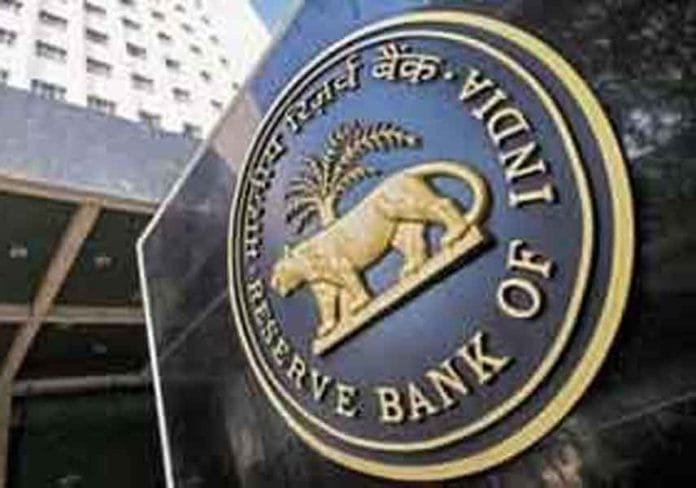INVC NEWS
New Delhi : The Reserve Bank of India (RBI), headquartered in New Delhi, has recently rolled out a pivotal announcement that has caused ripples in the financial community. This concerns the Rs 2000 notes which, according to the latest directive, are set to be withdrawn.
Understanding RBI’s Decision on Rs 2000 Notes
The RBI’s decision came to light through an official notice detailing the steps to be taken concerning the Rs 2000 notes. This change is not just about the notes’ withdrawal but also provides the general public with guidelines on how to manage the notes they currently possess.
Exchange Guidelines for the Public
For those holding Rs 2000 notes, the RBI has provided clear instructions. Individuals can approach any government-operated commercial banks within the country to facilitate the exchange of these notes. This service ensures a smooth transition for the public and reduces potential inconveniences.
Important Dates to Remember
Initially, the RBI had earmarked September 30 as the last day to deposit the Rs 2000 notes. However, in a subsequent update, this deadline was extended to October 7. It’s crucial for note holders to be aware of these dates to avoid potential complications.
Provisions for Those Who Missed the Deadline
Even after the specified deadline, many found themselves still in possession of Rs 2000 notes. Recognizing this, the RBI has made provisions for these individuals. They can visit any of the 19 designated RBI branches spread across the nation to deposit their remaining notes.
A Glimpse into the Numbers
RBI Governor Shaktikanta Das recently shed light on the progress of this initiative. As of his last update, banks have received a staggering Rs 3.43 lakh crore in Rs 2000 notes. However, a significant amount, approximately Rs 12,000 crore, remains in circulation. This indicates the scale at which the RBI’s directive is being implemented and the magnitude of the operation.
Public Response to the Change
The impact of the RBI’s decision was immediately visible, especially at RBI offices across the country. Numerous individuals were seen queuing up, particularly in Delhi, eager to exchange their Rs 2000 notes. To streamline this process and prevent potential overcrowding, the RBI has set an exchange limit. Individuals or business entities can exchange Rs 2000 notes up to a cap of Rs 20,000 per transaction at the designated 19 RBI offices.
In conclusion, the RBI’s decision regarding the Rs 2000 notes signifies a major shift in the country’s financial landscape. For those affected, adhering to the guidelines and being proactive in exchanging their notes is paramount.













